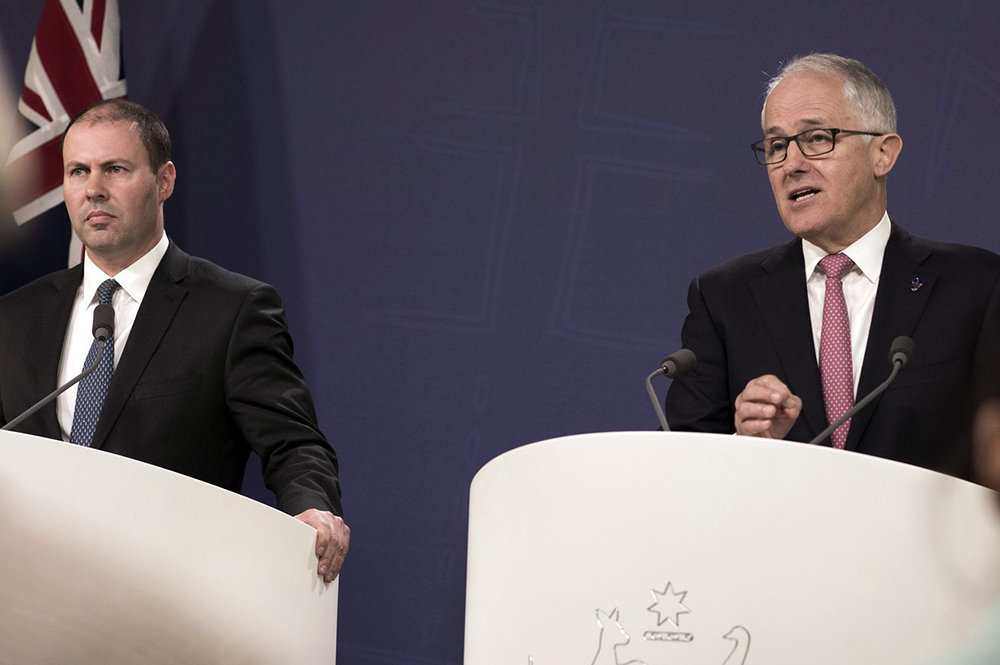At a press conference on 20 August, Turnbull said the lack of a cross-party consensus in Australia’s House of Representatives meant dropping the emissions reduction target should allow the rest of the legislation, focused on reliability and pricing, to proceed.
"In politics you have to focus on what you can deliver, and that's what we’ve done and will continue to do," Turnbull said.
"While the policy has the clear support of the [coalition government parties], as well as industry, experts, consumer groups… in a parliament where there is just a one seat majority, the outstanding reservations of a number of our colleagues, combined with the absence of bipartisan support, mean that, as long as that remains the case, we won't be in a position to take that legislation forward," he added.
The NEG was introduced just under a year ago in response to a series of blackouts in South Australia in 2016, primarily caused by harsh weather conditions.
The guarantee is a technology-neutral system that removes support or taxes "creating a level playing field for all energy sources", according to the government.
It consisted of two parts: a reliability guarantee that requires utilities to ensure the correct level of dispatchable energy; and an emissions guarantee to contribute towards the country’s international commitments.
Turnbull said that without the emissons guarantee, Australia’s states can move forward on providing a reliable grid, ahead of winter weather next year.
"The National Energy Guarantee was primarily designed as a response to the South Australian blackouts and the need to ensure that there was greater reliability or assured reliability in the energy market.
"That's the most pressing issue and, as the Energy Security Board has said, needs to be in place by July 2019. It’s not far away.
"Now, the absence of federal legislation on emissions intensity does not prevent the states from pressing on with the reliability guarantee," Turnbull told journalists.
The NEG had come under regular criticism from more conservative members of the Australian coalition government, notably from Turnbull’s party colleague and former prime minister Tony Abbott.
Abbott, a climate change sceptic, did not want to enshrine an emission reduction target in law, and even called for Australia to exit the Paris Climate Accord.
There are also rumours in the Australian press Turnbull may be facing a leadership challenge from within his Liberal party.
The original NEG policy had broad support from the clean energy industry.
In early August, chief executive of the Clean Energy Council, Kane Thornton, said the policy had potential, but it required a higher emissions target for it to be worthwhile.
Following Turnbull’s announcement, Kane : "Sad reminder that climate andd energy policy has played a big role in destroying the political career of every leader of both major Australian political parties for over a decade."
"Australia still needs a climate & energy policy that gives certainty for investors in new clean energy generation. Without it, investment stalls, power prices & emissions rise."
— Kane Thornton (@kanethornton)

.png)


.png)










